Making the right choice for your Linux applications packaging format can significantly impact the experience during the installation, management, and running of softwares on Linux machines. There are three prominent universal packaging systems available to Linux users, with the aim of solving the popular “it works on my machine” problem. They ensure you have a consistent environment for applications across various Linux distributions – these are Snap, Flatpak, and AppImage. Each comes with its own philosophy, technical approach, and set of trade-offs.
The following table gives a detailed comparison of Snap, Flatpak, and AppImage to help you understand the differences so that you can choose one that best suits your needs.
| Feature/Aspect | Snap | Flatpak | AppImage |
|---|---|---|---|
| Developer/Origin | Canonical (Ubuntu) | Red Hat, community-driven | Simon Peter, community-driven |
| Initial Release | 2014 | 2015 | 2011 |
| Packaging Approach | Containerized, single compressed file | Containerized, sandboxed | Single executable file |
| Target Platform(s) | Linux (primarily Ubuntu) | Linux (desktop environments) | Linux (any distribution) |
| Installation Method | snapd daemon, snap install | flatpak daemon, flatpak install | Download and run executable |
| Sandboxing | Yes (AppArmor, seccomp) | Yes (Bubblewrap, namespaces) | No (optional, via Firejail or similar) |
| Dependencies Bundled | Yes | Yes | Yes |
| Runtime Required | Yes (snapd service) | Yes (Flatpak runtime, flatpak service) | No (runs standalone) |
| Updates | Automatic (background, delta updates) | Automatic/manual via Flatpak | Manual (replace file) |
| Delta Updates | Yes | Yes | No |
| Theming Support | Limited (can be inconsistent) | Good (with portals and themes extension) | Depends on app, often inconsistent |
| Resource Usage | Higher (snapd service always running) | Lower than Snap, higher than native | Lowest (no background service) |
| App Store/Discoverability | Snap Store (proprietary, centralized) | Flathub (de facto, open, can self-host) | No official store, community websites |
| App Isolation | Strong (AppArmor) | Strong (user namespaces, portals) | Weak (none by default) |
| Permissions Control | Basic (snap connections) | Granular (flatpak override) | Limited (manual, via external tools) |
| Integration with System | Good (but can be slow to start) | Good (with portals), faster than Snap | Not always seamless, desktop integration may require extra steps |
| File System Access | Restricted by default, can be granted | Controlled via portals | Full access by default |
| Startup Speed | Slowest (due to squashfs mount, etc.) | Moderate | Fastest (native execution) |
| Binary Size | Large (due to bundling, compression) | Large (runtimes + app size) | Largest (everything bundled) |
| Command Line Usage | snap | flatpak | Just run the file |
| Distribution Support | Ubuntu, some others (needs snapd) | Most major Linux distros | Any modern Linux, no dependencies |
| Proprietary/Self-hosting | Centralized (Snap Store, proprietary) | Decentralized (can self-host) | Fully decentralized |
| Open Source Status | Mostly open, Snap Store is closed | Fully open source | Open source tools, format specification |
| App Verification/Signing | Yes (Snap Store, Canonical signs) | Yes (Flathub, other sources) | Optional (developer-signed, not enforced) |
| System Integration Requirements | Requires snapd | Requires flatpak, xdg-desktop-portal | None (just executable permissions) |
| Systemd Dependency | Yes (snapd uses systemd) | No (but recommended for portals) | No |
| Use Cases | Desktop, server, IoT | Desktop apps primarily | Portable desktop apps |
| Supported App Types | GUI, CLI, server, IoT | GUI apps (best), some CLI | GUI and CLI (best for simple apps) |
| Popularity | Popular on Ubuntu, less elsewhere | Increasingly popular across distros | Niche, popular for portable needs |
| Example App Install Command | snap install vlc | flatpak install flathub org.videolan.VLC | Download AppImage, chmod +x, run |
| Uninstallation | snap remove <pkg> | flatpak uninstall <pkg> | Delete the file |
| Pros | Easy updates, strong sandbox, many apps | Good sandbox, theming, decentralized, choice | Most portable, no dependencies, no root needed |
| Cons | Slow start, centralized, large size, needs snapd | Large size, needs runtime, some apps missing | No sandbox, manual updates, no store, integration issues |

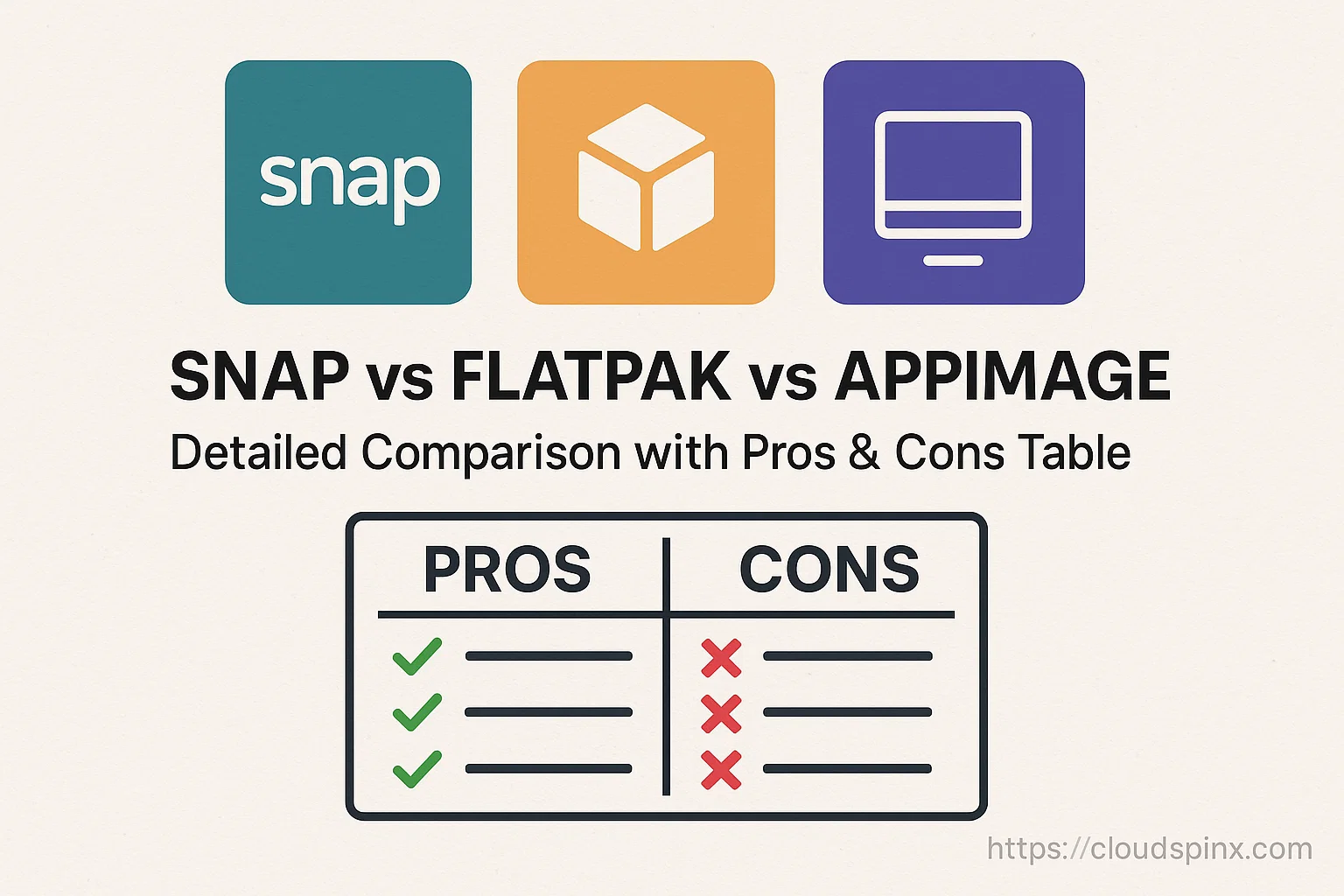
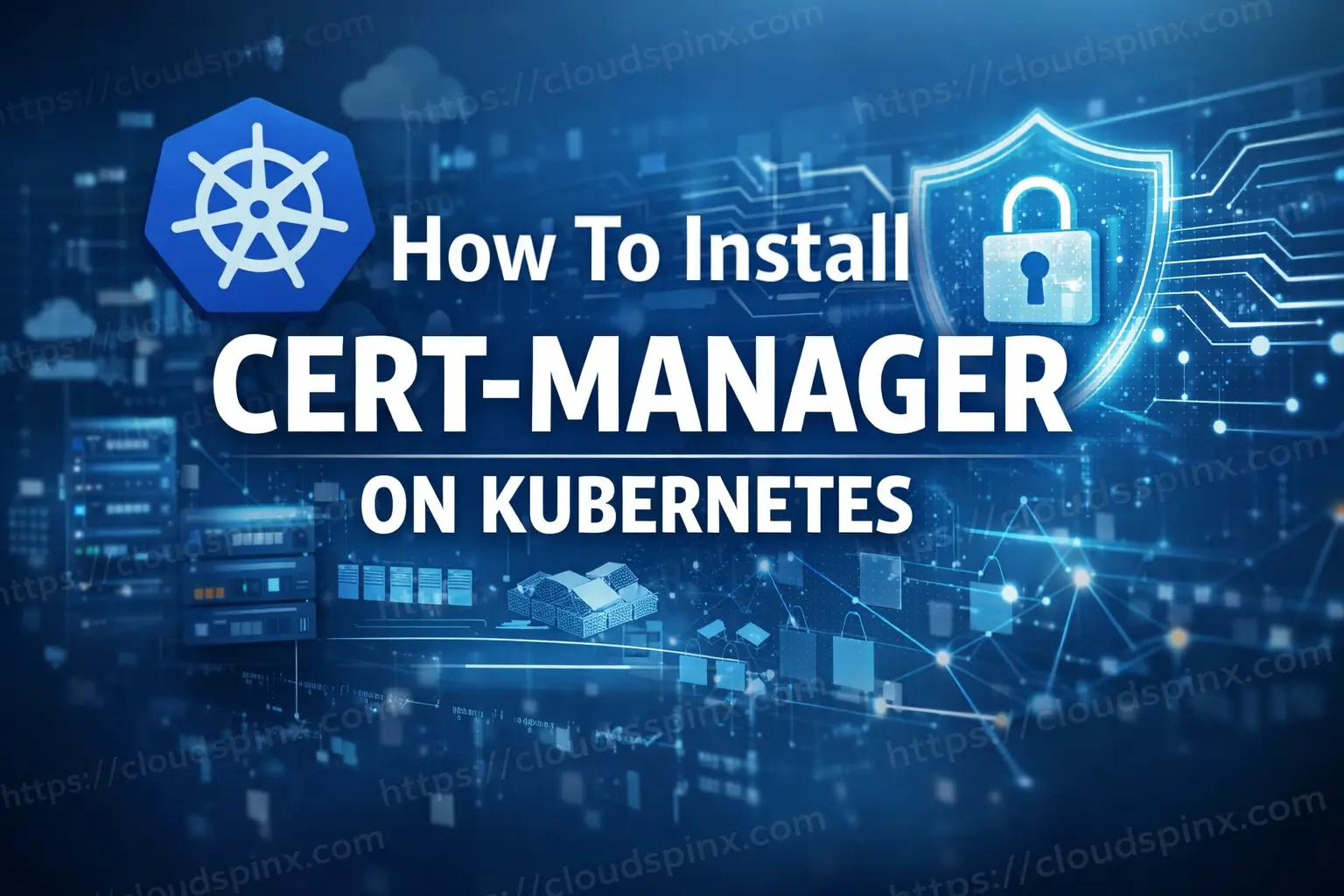
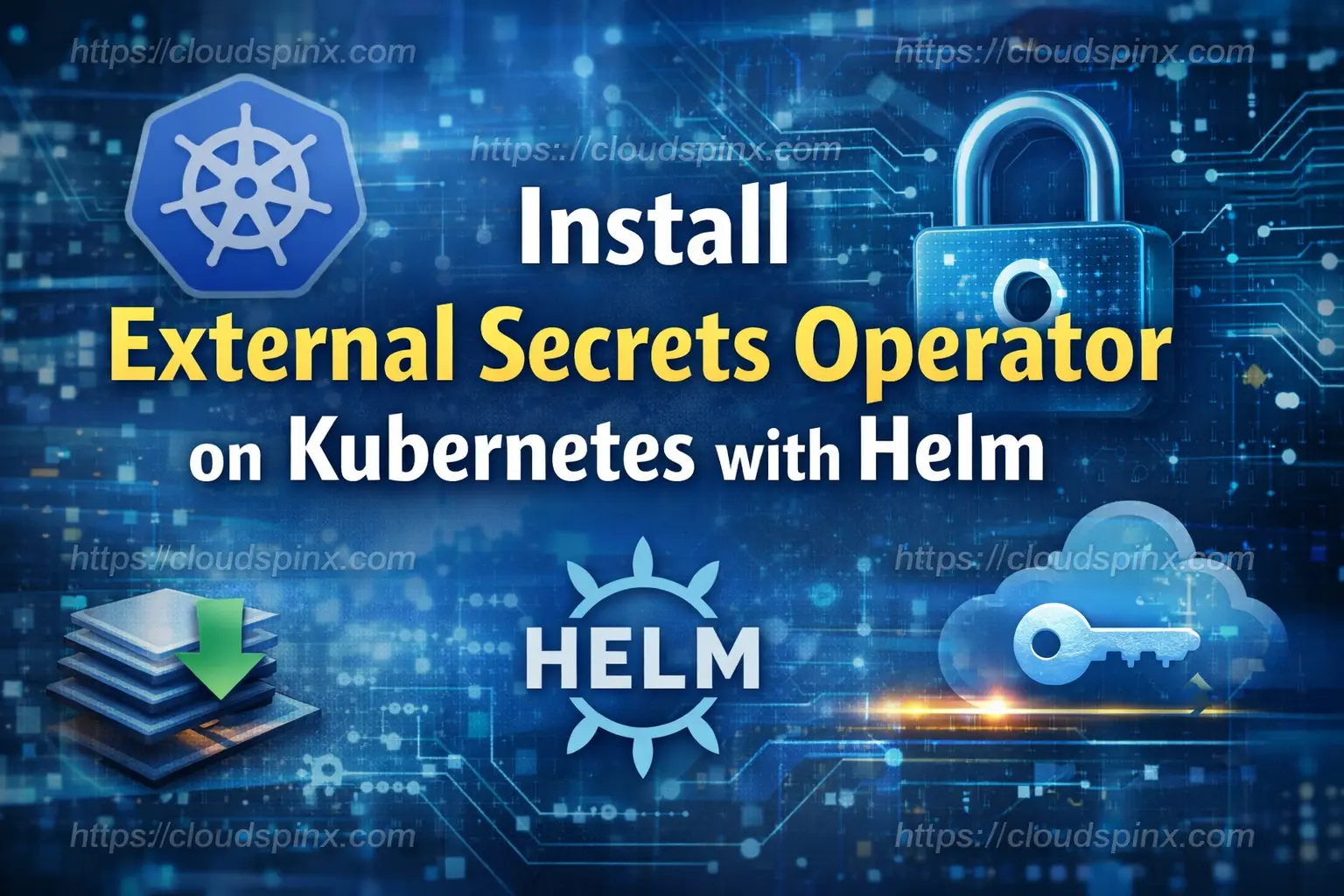
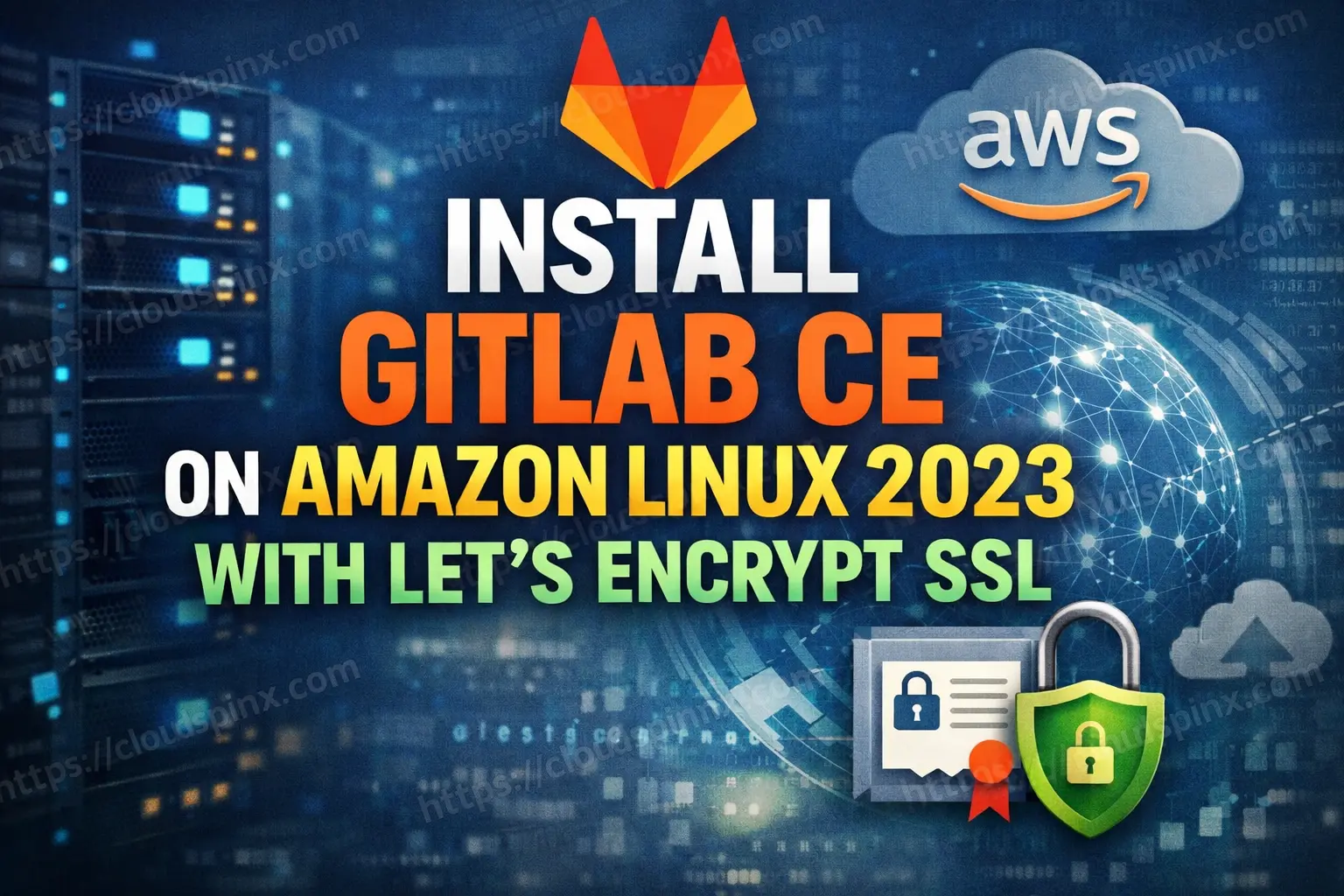
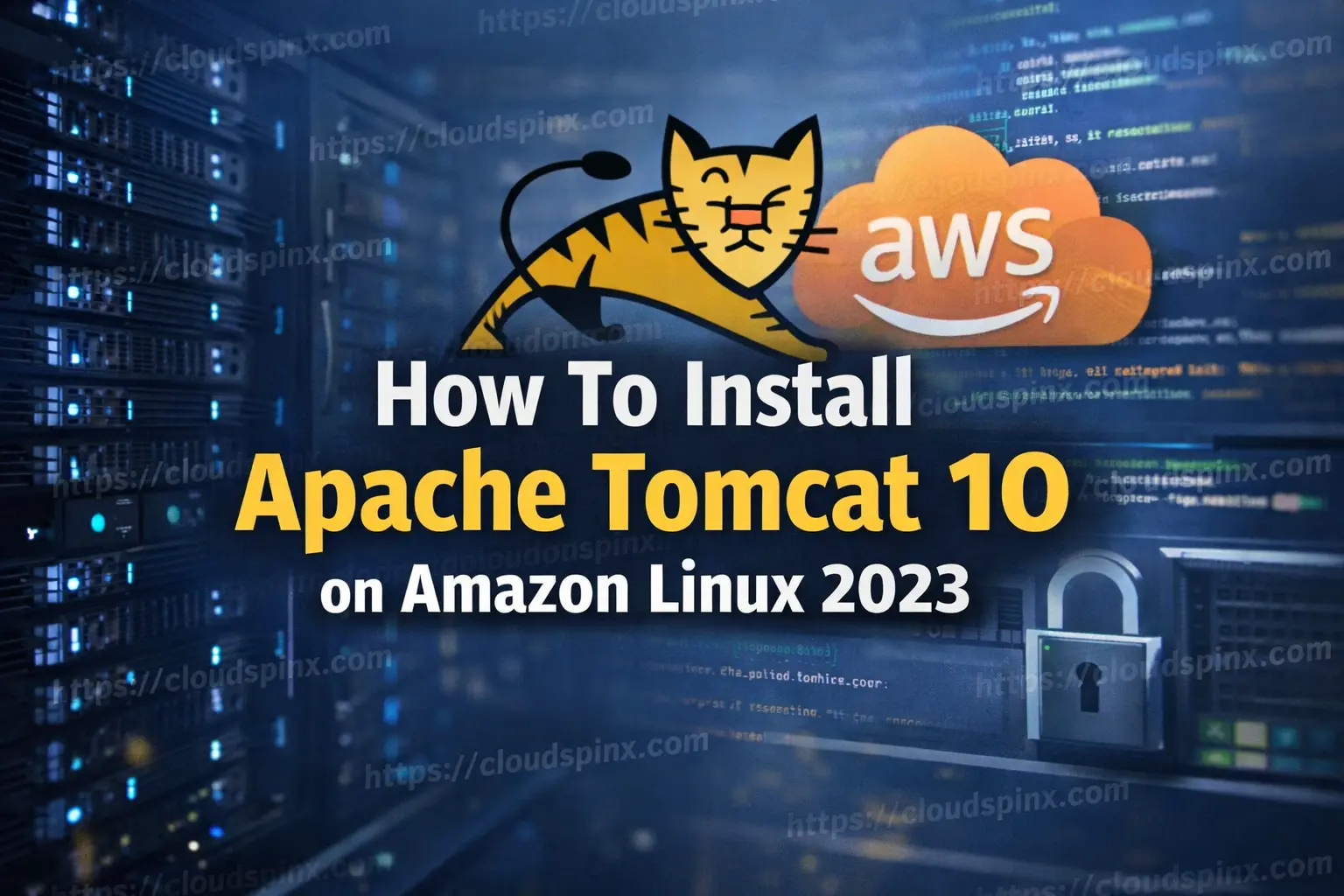




1 thought on “Snap vs Flatpak vs AppImage – Best Linux Package Format”
Thank you for the wonderful comparison writeup.